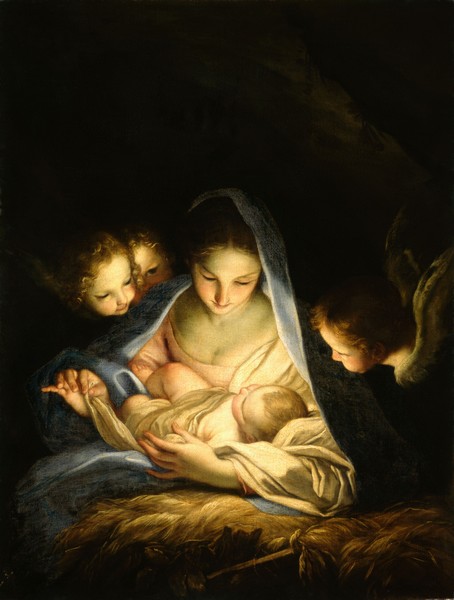
There are two elements in the Christmas song we listened to last week, Mariä Wiegenlied, that can be understood as symbols of the crucifixion: the rose garden (with its thorns) and the bird. We can find similar details in many paintings that show the Madonna with the Child. The artist reminds us of what is ahead; a future that the mother is aware of in some way.
There is also a mother who fears what could happen to her son in the song of this week: she fears that he is a soldier and will die alone in war. Manuel de Falla composed the Oración de las madres que tienen a sus hijos en brazos [Prayer of mothers with their children in their arms] in 1914 in Madrid, shortly after returning from Paris. The verses are by María de la O Lejárraga, a writer linked to the feminist pacifist movement that aroused at the outbreak of war. Falla, Lejárraga, and her husband Gregorio Martnez Sierra had first met a few months ago and worked together on some projects over the years.
The year is coming to an end, and it concludes, as it has done so many times, with the images of parents who cry for their children killed in the war. We can only hope that the New Year will bring us some hope and optimism. I leave you with this short, restrained and simple song, performed by Anna Tonna and Mac McClure.
¡Dulce Jesús, que estás dormido!
¡Por el santo pecho que te ha amamantado,
Te pido que este hijo mío no sea soldado!
Se lo llevarán, ¡y era carne mía!
Me lo matarán, ¡y era mi alegría!
Cuando esté muriendo, dirá:
"¡Madre mía!"
Y yo no sabré la hora ni el día.
Sweet Jesus, who are sleeping!
By the holy breast that suckled tyou,
I pray that my son don't become a soldier!
They will take him away, and he was of my flesh!
They will kill him, and he was all my joy!
While he's dying, he will say:
"My mother!"
And I won't know neither the time nor the day


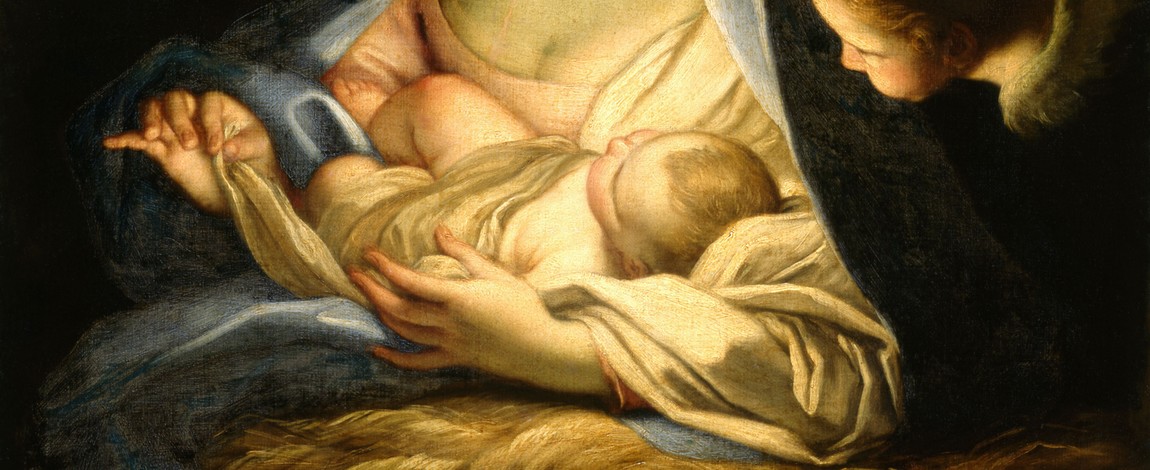
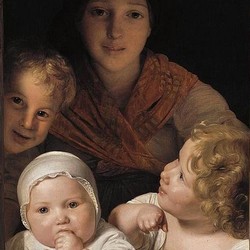
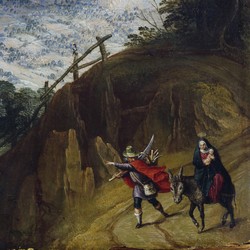
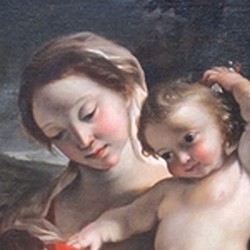












Comments powered by CComment